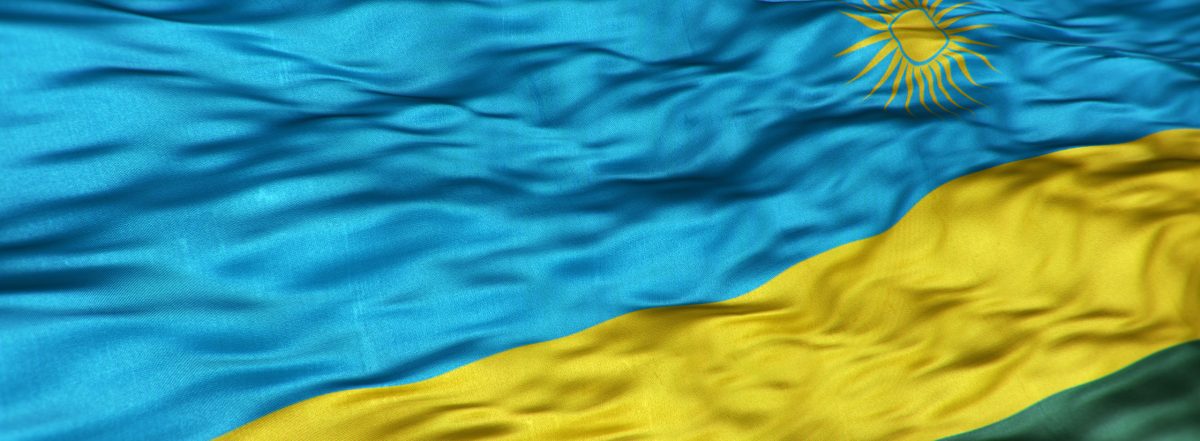Rwanda won a seat on the UN Security Council
Rwanda won a seat on the UN Security Council on Thursday, despite accusations by a United Nations panel that Rwanda’s defence minister commands a rebellion in Democratic Republic of Congo.
Rwanda was unopposed in its bid for the African seat on the council that South Africa will vacate at the end of December, but still needed approval from two-thirds of the UN General Assembly members present to secure the two-year term, which starts in 2013. It won 148 votes in the 193-nation assembly. The election of Rwanda was likely to renew questions about the image of the council, as it tries to overcome division and find a way to end the war in Syria.
An unpublished UN experts’ report, leaked to the media this week, accuses Rwanda and Uganda of actively supporting the M23 rebels in eastern Congo. Rwanda and Uganda deny the charges. The M23’s rebellion has caused more than 200,000 villagers in the province of North Kivu to flee their homes this year. Eastern Congo has been engulfed in fighting since the 1994 Rwanda genocide.
Rwanda’s Foreign Minister Louise Mushikiwabo rejected the claims in the latest UN report and thanked the assembly for voting it onto the council for the first time since its genocide. “The contrast could not be sharper between that previous tenure — when a genocidal government occupied a prized Security Council seat as its agents waged genocide back home — and the Rwanda of today: a nation of peace, unity, progress and optimism,” she said.
The Democratic Republic of Congo opposed Rwanda’s bid. Eastern Congo’s latest wave of violence flared earlier this year when M23 rebels linked to Gen. Bosco Ntaganda claimed that they weren’t being paid by the Congolese military and that the government had failed to hold up their end of the 2009 peace deal that integrated them into the army. Ntaganda is wanted for war crimes by the International Criminal Court.
Rwanda was welcomed to the council by Britain’s deputy UN representative, Philip Parham, who said it will “bring to the Council the particular perspective of a country that has overcome serious conflict and has done so more successfully than many.” The other nations joining the council in 2013 are Argentina, Australia, Luxembourg and South Korea. Canada was unexpectedly rejected two years ago for a seat on the powerful 15-country council that decides matters of peace and war, sanctions and international justice. Half the 10 non-permanent council members run for rotating seats each year. The remaining five are veto-bearing permanent members: the United States, Britain, France, Russia and China. UN members voted Germany and Portugal into the two seats allocated to the “Western European and others” region, spurning an all-out diplomatic push by Canada. It was the first time in six decades that Canada failed in a bid for a seat on the council.
In an interview with Reuters on Thursday, Mushikiwabo warned countries against cutting off aid to Rwanda because of the UN report. “It would be the biggest mistake that any donor country could make for Rwanda,” she said. “Rwanda is deserving of aid.”
Australia joins after intense lobbying by Prime Minister Julia Gillard during last month’s gathering of world leaders at the UN The bid earned criticism from the Australian opposition, which claimed it was a wasteful distraction. Luxembourg, a founding member of the UN, will join the council for the first time. Luxembourg and Australia beat out Finland for spot. Argentina will be on the council for the eighth time in its history after receiving more votes than any other candidate country. South Korea gained a seat that was also sought by Bhutan and Cambodia. Seoul’s foreign ministry said in a statement that it would use its platform on the council to take a lead role in managing the situation in North Korea.

